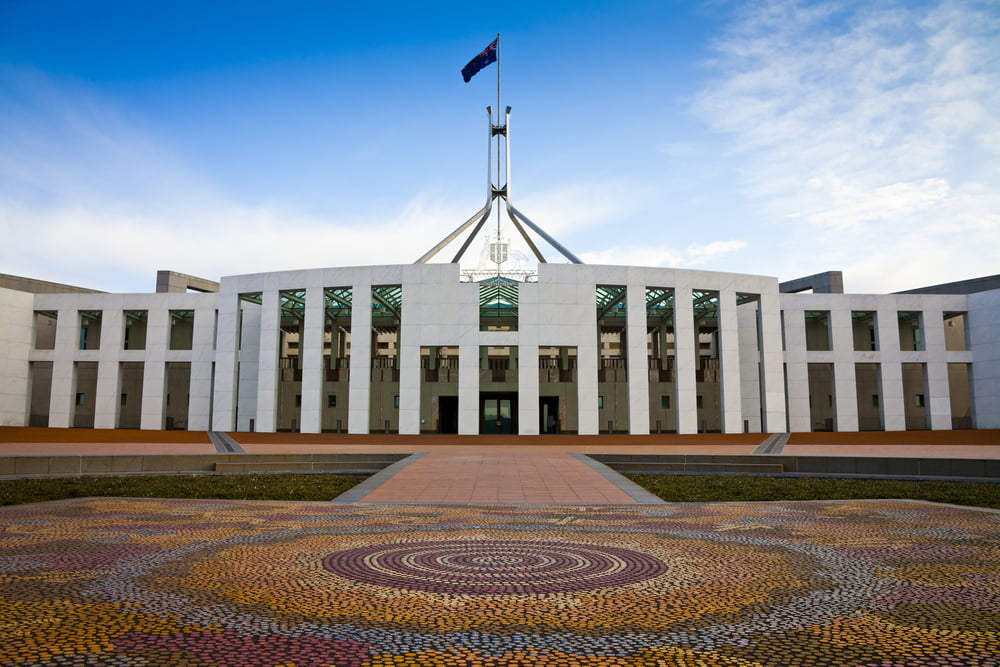The last few weeks have seen numerous countries propose and debate Bitcoin regulation. Recent reports now indicate that this week, the Australian Parliament will vote on a bill meant to further strengthen the country’s laws against money laundering.
Exchanges to register with AUSTRAC
To put things into perspective, the proposed laws mainly consist of granting the financial intelligence regulator of Australia, AUSTRAC, a bit more power, thereby allowing the institution to check up on digital currency exchanges operating within Australian territory. Apart from this, digital currency exchanges would reportedly have to register with a new regime, most likely with stricter protocols to be enforced.
What’s more, the new laws also would make it an offense for anyone who is not registered to provide exchange services for digital currencies. Therefore, a person who continuously buys and sells Bitcoin alongside altcoins could theoretically be committing an offense.
In a parliamentary speech back in August when the bill was originally drafted, the Australian Justice Minister, Michael Keenan, stated that businesses which trade digital assets for fiat and vice versa will be required to register with AUSTRAC, maintain an AML/CTF program, and report threshold transactions as well as matters deemed suspicious.
While some considered Australia to have a positive attitude toward digital currencies a while back, this isn’t the case anymore, given the current laws and restrictions being put into place. As the Australian Criminal Intelligence Commission (ASIC) put it: “Virtual currencies, such as Bitcoin, are increasingly being used by serious and organized crime groups.”
It is interesting to see this approach playing out, as there are numerous members of the industry who are either with or against these laws. For instance, some believe that the new laws will be good, as they’ll grant investors and consumers more confidence in the ecosystem. There are, however, others who think that these laws are a bit too harsh for individual and private Bitcoin use.
Based on all of the above, what do you personally think about the new anti-money laundering laws and Bitcoin regulations on which the Australian parliament will soon vote? Let us know your thoughts in the comments.

